- 0086-571-85302990
- sales@greenskybio.com
Konjac powder: Innovation, Richness and Beauty.
2024-12-12

1. Introduction to Konjac Powder
Konjac Powder is derived from the konjac plant, which has a long history of use in Asian countries. The konjac plant, scientifically known as Amorphophallus konjac, is native to Southeast Asia. Konjac Powder has been gradually recognized worldwide due to its unique properties.
It is typically obtained through a series of processing steps from the corm of the konjac plant. The resulting powder is a fine, off - white substance that has a high content of glucomannan, a type of soluble dietary fiber.
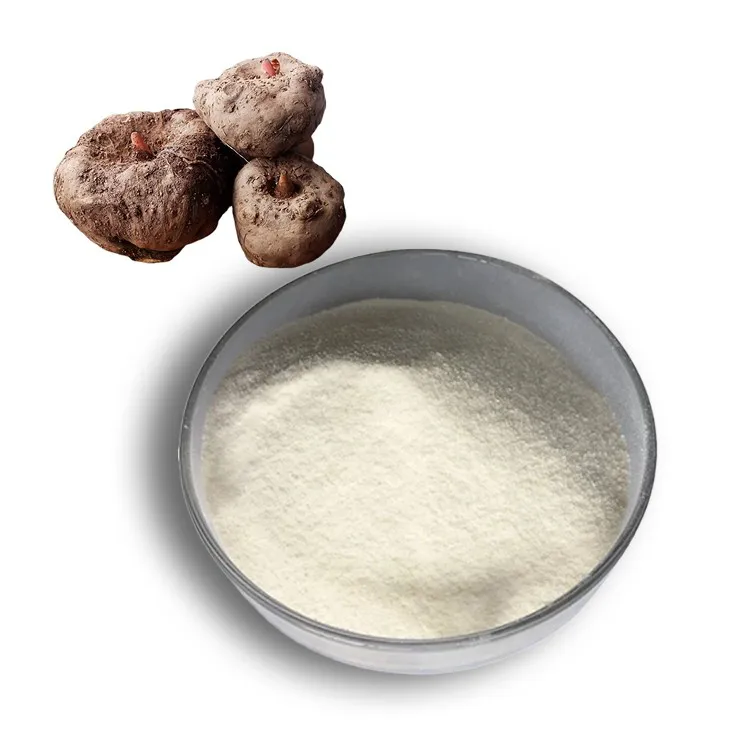
2. Innovation in Dietary Applications
2.1. Low - Calorie and Filling
One of the most remarkable aspects of konjac powder in dietary applications is its low - calorie nature. For those who are conscious about calorie intake, konjac powder offers an excellent alternative. A small amount of konjac powder can expand in the stomach, creating a feeling of fullness. This is mainly due to the high water - absorption capacity of glucomannan in the powder.
For example, konjac noodles, which are made from konjac powder, are extremely popular among dieters. These noodles have a very low calorie count compared to traditional wheat - based noodles. They can be used as a substitute in various dishes, such as stir - fries and soups, without sacrificing the feeling of having a substantial meal.
2.2. Dietary Fiber Source
As a rich source of dietary fiber, konjac powder plays a crucial role in promoting digestive health. Glucomannan in the powder can help regulate bowel movements. It can prevent constipation by adding bulk to the stool and also has the potential to lower cholesterol levels.
Studies have shown that regular consumption of konjac - based products can improve the overall gut microbiota. It can act as a prebiotic, providing nourishment for beneficial bacteria in the gut. This in turn can have a positive impact on the immune system and overall well - being.
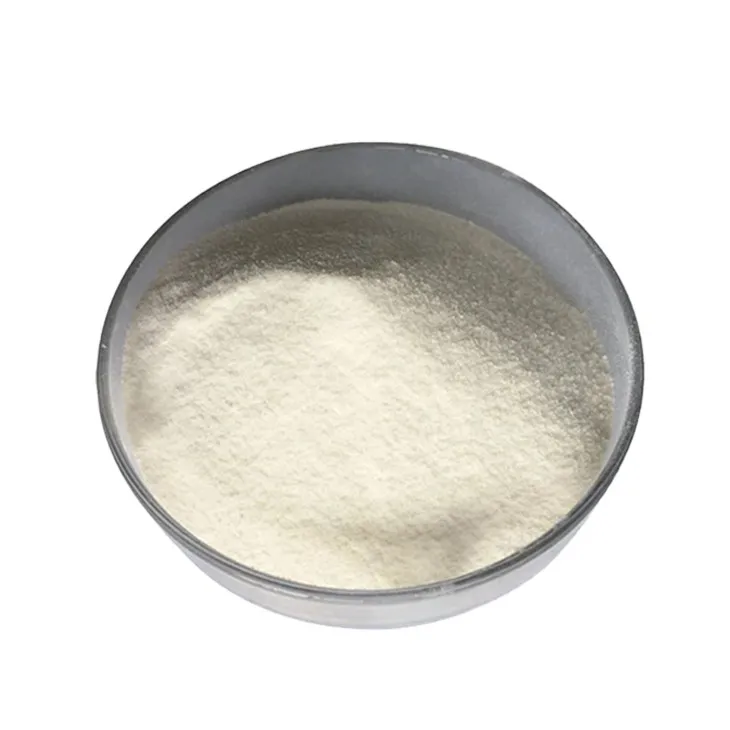
3. Konjac Powder in Cosmetics
3.1. Skin Hydration
Konjac powder is also finding its way into the cosmetics industry. In skincare products, it can be used for skin hydration. Konjac powder has the ability to hold onto moisture, which can be beneficial for dry and dehydrated skin types.
Konjac sponges, for instance, are becoming increasingly popular. These sponges are made from konjac powder and are used for gentle exfoliation and cleansing. They can retain water and release it onto the skin during use, leaving the skin feeling soft and moisturized.
3.2. Anti - Aging Properties
Some research suggests that konjac powder may have anti - aging properties. It can help improve the elasticity of the skin. The glucomannan in the powder may stimulate the production of collagen, a protein that is essential for maintaining youthful - looking skin.
When incorporated into creams and lotions, konjac powder can also help reduce the appearance of fine lines and wrinkles. It can smooth out the skin surface and give the skin a more radiant appearance.
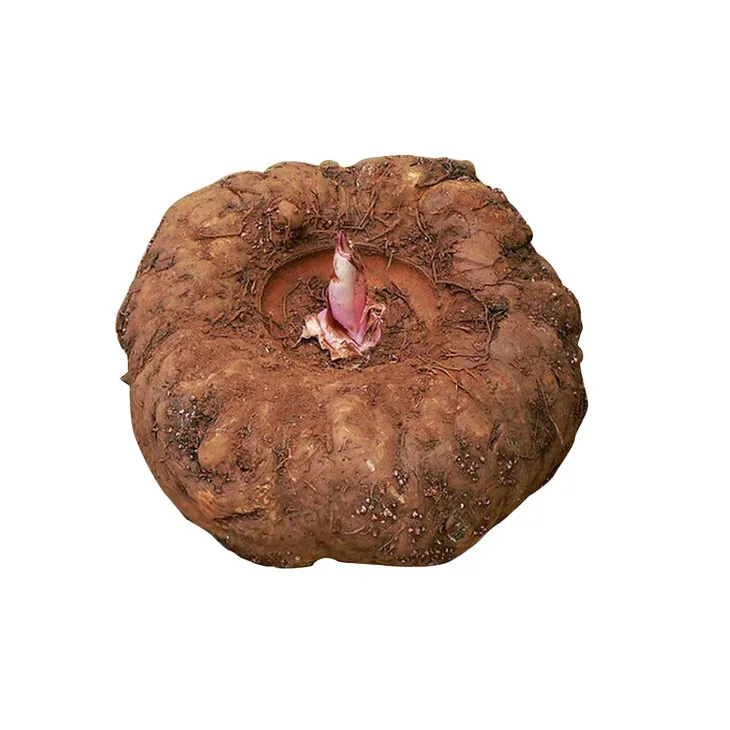
4. Abundant Applications in Other Fields
4.1. Food Thickening Agent
In the food industry, konjac powder is widely used as a thickening agent. It can be added to sauces, gravies, and puddings to give them a thicker and more viscous consistency. Unlike some other thickening agents, konjac powder is natural and does not have any artificial flavors or colors.
For example, in making a vegetarian or vegan gravy, konjac powder can be used to achieve the desired thickness without using animal - based products such as gelatin. It provides a smooth and creamy texture to the gravy.
4.2. Pharmaceutical Applications
Konjac powder also has potential applications in the pharmaceutical field. Due to its high water - absorption capacity, it can be used in the formulation of certain medications. For example, it can be used in the development of sustained - release drug formulations.
The glucomannan in konjac powder can help control the release rate of drugs, ensuring a more prolonged and effective treatment. Additionally, it may have some anti - inflammatory properties that could be beneficial in the treatment of certain diseases.
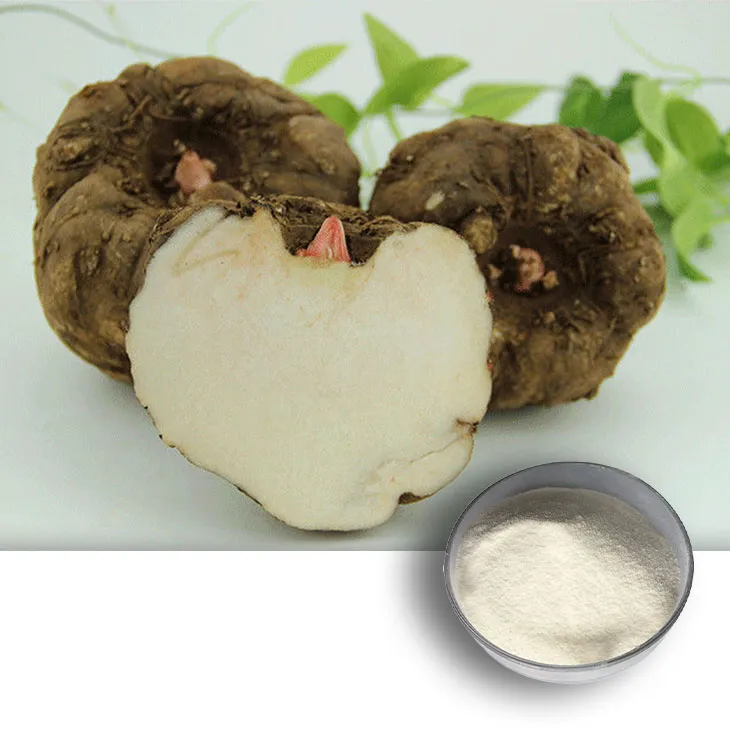
5. Challenges and Future Prospects
5.1. Processing and Quality Control
One of the challenges in the production of konjac powder is ensuring consistent quality. The processing of konjac powder requires strict control of parameters such as temperature and humidity. Variations in these factors can affect the properties of the powder, such as its solubility and viscosity.
There is also a need for better quality control measures to ensure that the konjac powder is free from contaminants. This is especially important as konjac powder is being used in a wide range of applications, including food and cosmetics.
5.2. Market Expansion
Despite its many benefits, konjac powder still has room for market expansion. In some Western countries, awareness of konjac powder and its applications is relatively low. There is a need for more marketing and education to promote the use of konjac powder.
In the future, with increased research and development, konjac powder is likely to find even more applications. New products incorporating konjac powder may emerge in areas such as functional foods and advanced skincare.
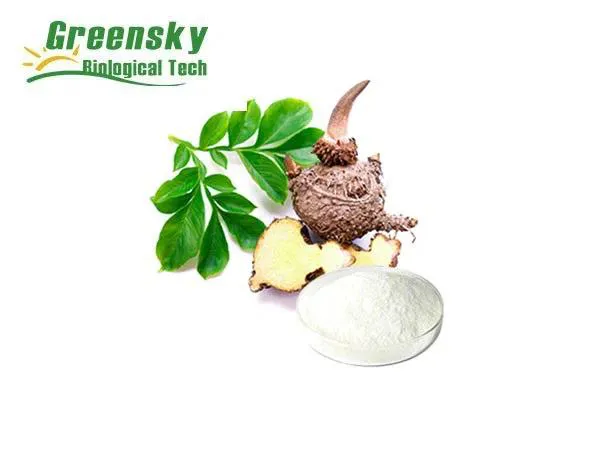
6. Conclusion
Konjac powder is truly an innovative substance with abundant uses. From its role in dietary applications for weight management and digestive health to its potential in cosmetics for beauty enhancement and in other industries such as food and pharmaceuticals, it has a lot to offer. Although there are challenges in terms of quality control and market expansion, the future looks promising for konjac powder as more research is carried out and its benefits are more widely recognized.
FAQ:
What are the main dietary applications of konjac powder?
Konjac powder is often used in dietary applications due to its filling nature. It can be used as an ingredient in low - calorie foods. For example, konjac noodles are a popular choice for those looking to reduce calorie intake while still feeling full. It can also be added to various soups and stews to increase the volume of the dish without adding many calories.
How can konjac powder be used in cosmetics?
In cosmetics, konjac powder may have potential for enhancing beauty. It can be used in products like facial masks. Konjac powder has a gentle texture that can exfoliate the skin mildly when used in mask formulations. It may also help in moisturizing the skin to some extent and can contribute to a smoother complexion.
What makes konjac powder an innovative force?
Konjac powder is innovative because it breaks new ground in multiple fields. In the food industry, it offers a new option for creating low - calorie, filling products which is in line with the current trend of healthy eating. In cosmetics, it provides an alternative natural ingredient with potential skin - enhancing properties, which is different from traditional cosmetic ingredients.
Are there any potential health benefits of consuming konjac powder?
Yes, there are potential health benefits. As it is low - calorie and filling, it can assist in weight management. Additionally, konjac powder contains dietary fiber which can promote good digestive health. It may help regulate bowel movements and prevent constipation.
How is konjac powder produced?
Konjac powder is produced from the konjac plant. First, the konjac tubers are harvested. Then they are processed through methods such as drying and grinding to turn them into a fine powder. During the production process, certain purification and quality control steps are also carried out to ensure the safety and quality of the powder.
Related literature
- The Multiple Applications of Konjac Powder in Food and Cosmetics"
- "Konjac Powder: A New Ingredient in the World of Innovation"
- "Exploring the Abundance of Konjac Powder in Different Industries"
- ▶ Hesperidin
- ▶ citrus bioflavonoids
- ▶ plant extract
- ▶ lycopene
- ▶ Diosmin
- ▶ Grape seed extract
- ▶ Sea buckthorn Juice Powder
- ▶ Beetroot powder
- ▶ Hops Extract
- ▶ Artichoke Extract
- ▶ Reishi mushroom extract
- ▶ Astaxanthin
- ▶ Green Tea Extract
- ▶ Curcumin Extract
- ▶ Horse Chestnut Extract
- ▶ Other Problems
- ▶ Boswellia Serrata Extract
- ▶ Resveratrol Extract
- ▶ Marigold Extract
- ▶ Grape Leaf Extract
- ▶ blog3
- ▶ blog4
- ▶ blog5
-
Pure 85% Tomentil Extract.
2024-12-12
-
Milk Thistle Extract
2024-12-12
-
Passionflower Extract
2024-12-12
-
Grape Seed Extract
2024-12-12
-
Bilberry Extract
2024-12-12
-
Purple Sweet Potato Extract
2024-12-12
-
Polygonum Cuspidatum Extract
2024-12-12
-
Maitake Mushroom Extract
2024-12-12
-
Yohimbine Bark Extract
2024-12-12
-
Peppermint Oil
2024-12-12
-
Dandelion Root Extract
2024-12-12





















